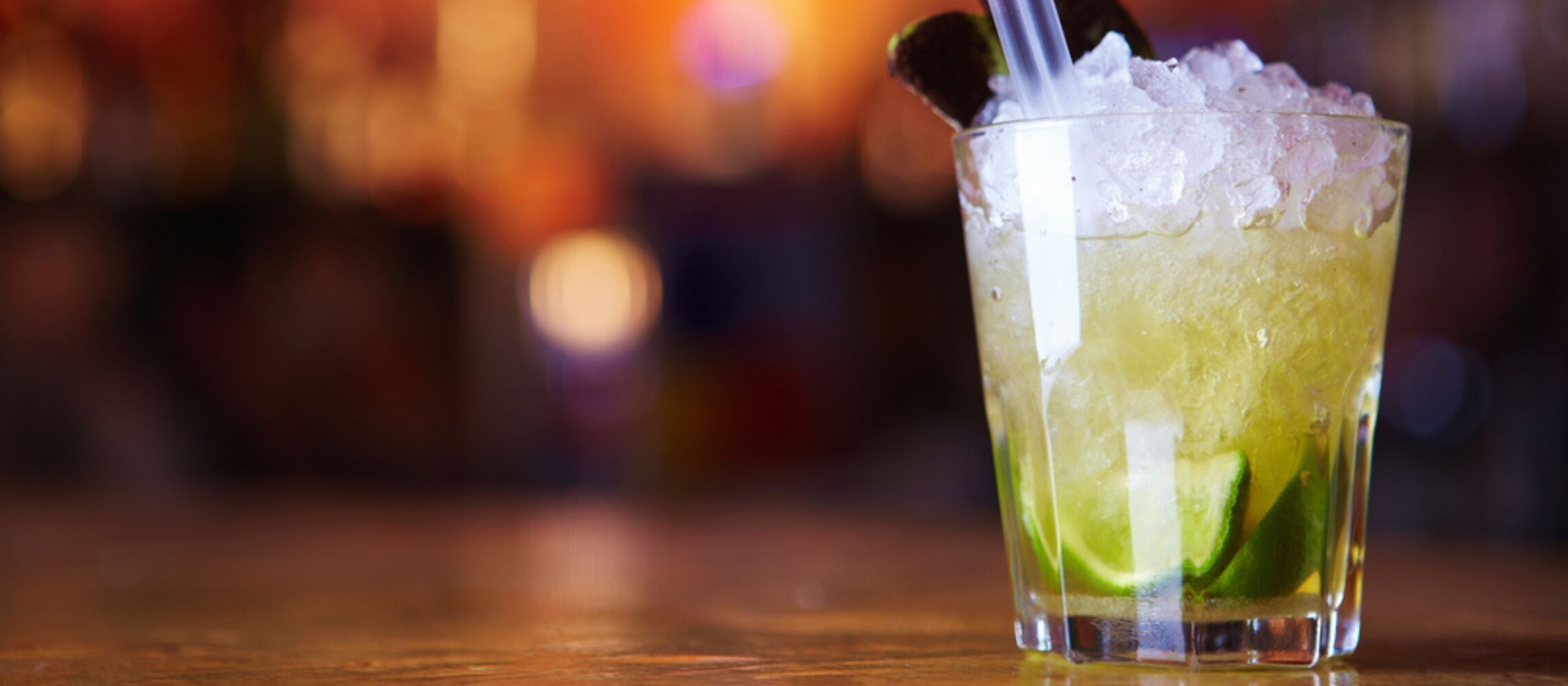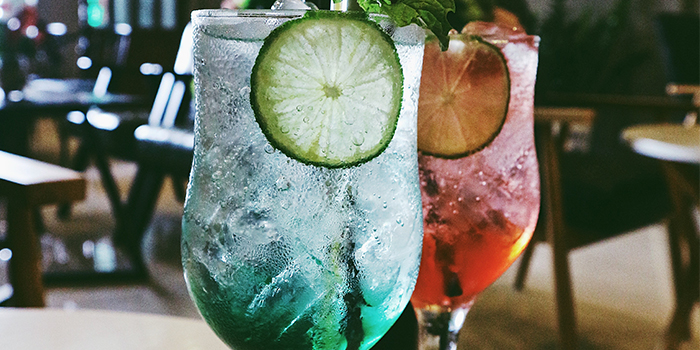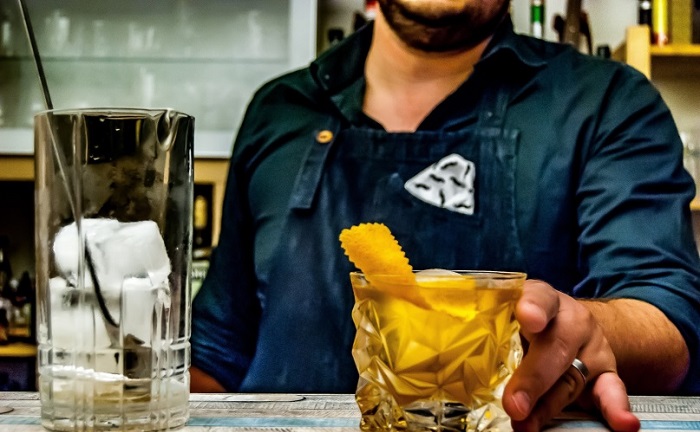Submission Deadline
28 February 2026
Judging
Date
24 & 25 March 2026
Winners Announcement
22 April 2026
28 February 2026
24 & 25 March 2026
22 April 2026

A good cocktail can lift and freshen up one’s frame of mind and what makes a cocktail taste better you may ask? The most essential component in almost every cocktail is ice. Quality ingredients mixed in the right proportions, finished with perfect garnishing and served in the best stemware, these are the most crucial aspects of serving an excellent cocktail but if the proper amount of ice is missing, your skillfully crafted concoction can turn completely upside down.
Ice serves us more than just cooling our drinks. When it melts, it becomes part of the cocktail.
Ice that is shaved and shaped properly can heal a breaking drink, and on the other hand, ice that is not in shape can break an exquisite drink. Ice in the cocktail making has the importance equivalent to that of a freshly clutched fruit juice and quality liquors in any mix. Thus it deserves an appreciation it’s not getting.

For many early centuries, ice had stayed a luxury and rarity. Being reserved only for the rich, ice had gained an unimaginable rate of demand in the commoners who were longing for the taste of leisure. Long and difficult journeys were made by the Europeans to the Alps to find and carry back the ice to the countries with the help of donkeys because the ice diluted the drinks and made them even more pleasing and appealing to the tongue. With the drinks back then being served warm, one would not get more than 3 ounces of ice per serving.
Locally nicknamed as the Ice King, Frederic Tudor a Boston-based Business originator changed the ice game back in 1806 when he harvested Ice blocks from New England’s lakes. While carrying back the ice from England he suffered a huge loss as and when the ice melted on the voyage, he came back with better packaging for ice and the voyage, using sawdust that kept the ice products insulated throughout the journey. With that achievement, his business bounced back.
With Tudor’s death in 1864, the Americans and the Europeans had already developed a taste for chilled drinks. With the growing desire of ice in the drinks, the drinkers started changing their preferences from warm drinks to cocktails with ice.
A proportionate mix of water content, ABV of that particular drink and the temperature of the drink are the most important key components of an exquisite cocktail. The ice diluted from stirring and shaking can be 15-20% of your final cocktail. By applying an ABV to each and every cocktail on an individual calculation will be helpful for you to pick the right type and the right amount of ice for each style of drink that you are mixing.
Four types of ice are used in any cocktail or drink. Each of them is popular in their particular use.
There are 4 forms and types of ice that can be used in any cocktail or any other drink. The four basic types of ice are Ice Cubes, Shaved Ice, Cracked Ice, Block Ice. They’re all popular in their own particular uses. David Wondrich quotes Jerry Thomas' 19th-century rules for using each, and these are still somewhat relevant in modern mixology.-
Thomas says: "As a general rule, shave ice should be used when spirits form the principal ingredient of the drink, and no water is employed. When eggs, milk, wine, vermouth, seltzer or other mineral waters are used...it is better to use small lumps of ice..."

This type of ice is for Multi-purpose usage and used in all kinds of drinks. Ice Cubes don’t really melt that easily with the help of their vast surface area that doesn’t cause any dilution, which results in cubes taking a long time to melt. You can always prepare a bigger rock for much slower dilution, Cubes are popular amongst the Juices, soda, and drinks on the rocks. Cubes don’t easily melt, thanks to their large surface area, and cause less dilution of beverages. Prepare bigger cubes if you require slower dilution. They are popular in sodas, juices, and cocktail drinks on the rocks.
This type of ice is finely crushed and can be found in the soda machines. Non-alcoholic drinkers love them in slushies and frappes or cold coffees.
Cracked ice is available in bags in convenient stores. This bagged ice is cracked already for the frozen drinks because the ice cubes are not blender friendly. Cracked ice is an ideal match for cocktails such as daiquiris and margaritas.
Japanese mixologists have brought a trend of carving ice balls and have popularized it by making custom made ice balls designed to according to the choices of the drinker. Japanese have their own version of Whiskey on the rocks that is known as the ice ball whiskey. Japanese usually prefer their ways of drinking as the “Mizuwari” way, a glass full and whiskey and water filled with ice. Whiskey served with ice is a traditional sort of a way of drinking in the Japanese culture.
Better the quality and the proportion of ice and other ingredients in a cocktail, better the taste. To put in a nutshell, a cocktail without ice is as equal to a night sky without stars.
Show your spirits where it matters. Get your products tasted by top bartenders, buyers and experts at the London Competitions — enter now.